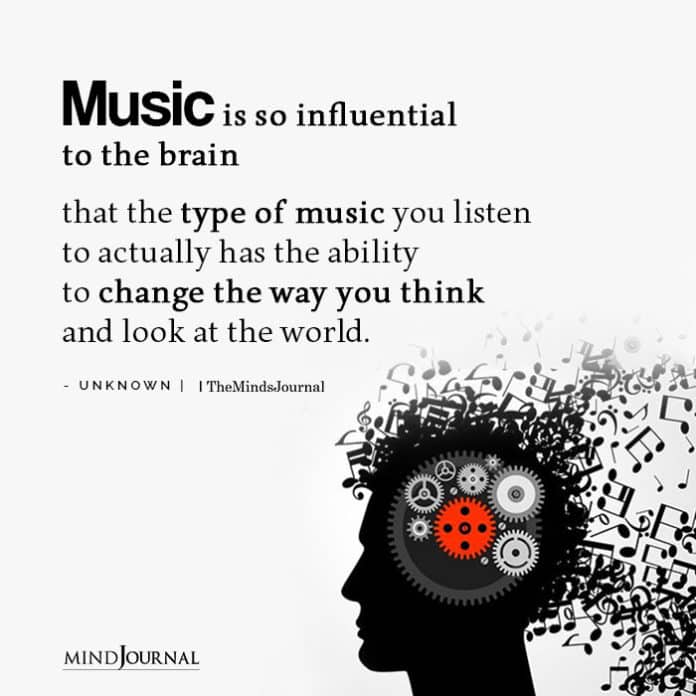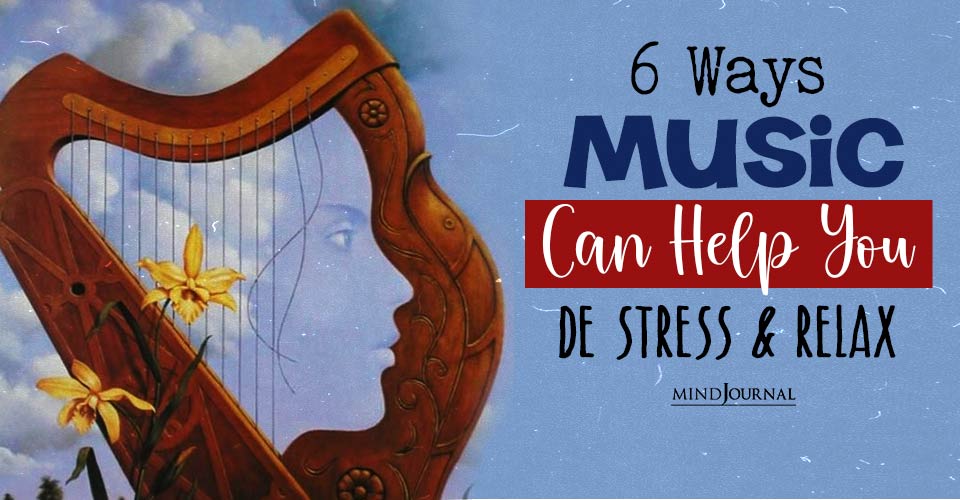Music is truly one of the most underrated things when it comes to reducing stress and anxiety. It has the potential to help with your stress, anxiety, and even depression. Let’s find out how music can reduce stress or how listening to music can reduce stress.
Key Points
- Music interventions are very easy and inexpensive to integrate in both our daily lives and in medical settings.
- Research shows that listening to music can have a significant effect on alleviating anxiety and stress.
- Non-lyrical music with a slow tempo is one of the most effective music interventions for stress reduction.
Listening to music is an appealing alternative intervention for stress and anxiety as it is accessible, inexpensive, and easy to include in daily life. Listening to and making music have been associated with a broad range of positive health outcomes.
Listening to music can decrease cortisol levels, increase serotonin levels, and activate the brain areas involved in reward.
For example, in medical settings, listening to relaxing music before, during, and after medical procedures has been reported to correlate with lower cortisol levels. There exists some evidence to support the anxiety-reducing effect of background music on patients awaiting clinical encounters.
Here are six ways that music seems to reduce anxiety and stress.
Related: How Music Can Reduce Fear And Anxiety
6 Ways Music Can Reduce Stress And Anxiety
1. The relaxing effect of tempo
Music tempo can be considered one of the most important factors. Research has shown that listening to slow-tempo and low-pitch music can calm people down during stressful situations.
For example, music with a slow tempo (60–80 bpm), such as meditative music or mellow jazz, has often been associated with relaxation. Music with a slow, steady rhythm provides stress reduction by altering body rhythms, such as heart rate.

2. Music without lyrics
Music without lyrics usually works best. The use of instrumental music, instead of music with lyrics, often leads to greater effects of music interventions on stress reduction. Music containing lyrics may be more distracting instead of calming.
3. Music as a distraction strategy
Music provides a means of escape. Listening to music can provide a “distraction” from stress-increasing thoughts or feelings. Music as a distractor can divert attention from a stressful event to something more pleasant, which reduces stress levels.
So, listening to music that alters mood via shifting thought patterns may have a long-lasting effect.
Related: 5 Cognitive Benefits Of Music Training
4. Music triggers pleasure
Music has a strong connection to feelings of pleasure. Engaging with music can trigger the same biological and psychological responses associated with other highly fundamental rewards, such as food, sex, and money.
Music experienced as pleasant increases positive emotion, which has a stress-reducing effect.
5. Social connection
Listening to music in the presence of others may strengthen the stress-reducing effect of the music intervention. Music facilitates social connection and bonding.
Group music-making or singing together may result in social bonding, which may be explained by the release of the neurotransmitters endorphin and oxytocin.

6. Your preference matters
Research suggests that having a choice of what to listen to shows more beneficial effects than music chosen by someone else.
When, for some reason, the chosen music is not suitable for the situation, it can lead to undesired mood shifts or worsening of negative mood. For example, if you don’t care for rock, it could have the opposite effect.
Overall, research suggests that listening to music plays an important role in reducing anxiety and stress. And some evidence suggests that it may do so more effectively than anti-anxiety drugs.
Related: Music Therapy: How Binaural Beats Music Can Help Reduce Depression
A key benefit of such interventions is that, unlike interventions involving the creation of music, they do not require any specialist knowledge, equipment, or ability. Furthermore, music listening can be flexibly self-administered.
However, the effectiveness of music in reducing stress is highly dependent on the individual’s preference and familiarity with the music.
Want to know more about how listening to music can reduce stress? Check this video out below!
Written By Shahram Heshmat Originally Appeared On Psychology Today










Leave a Reply